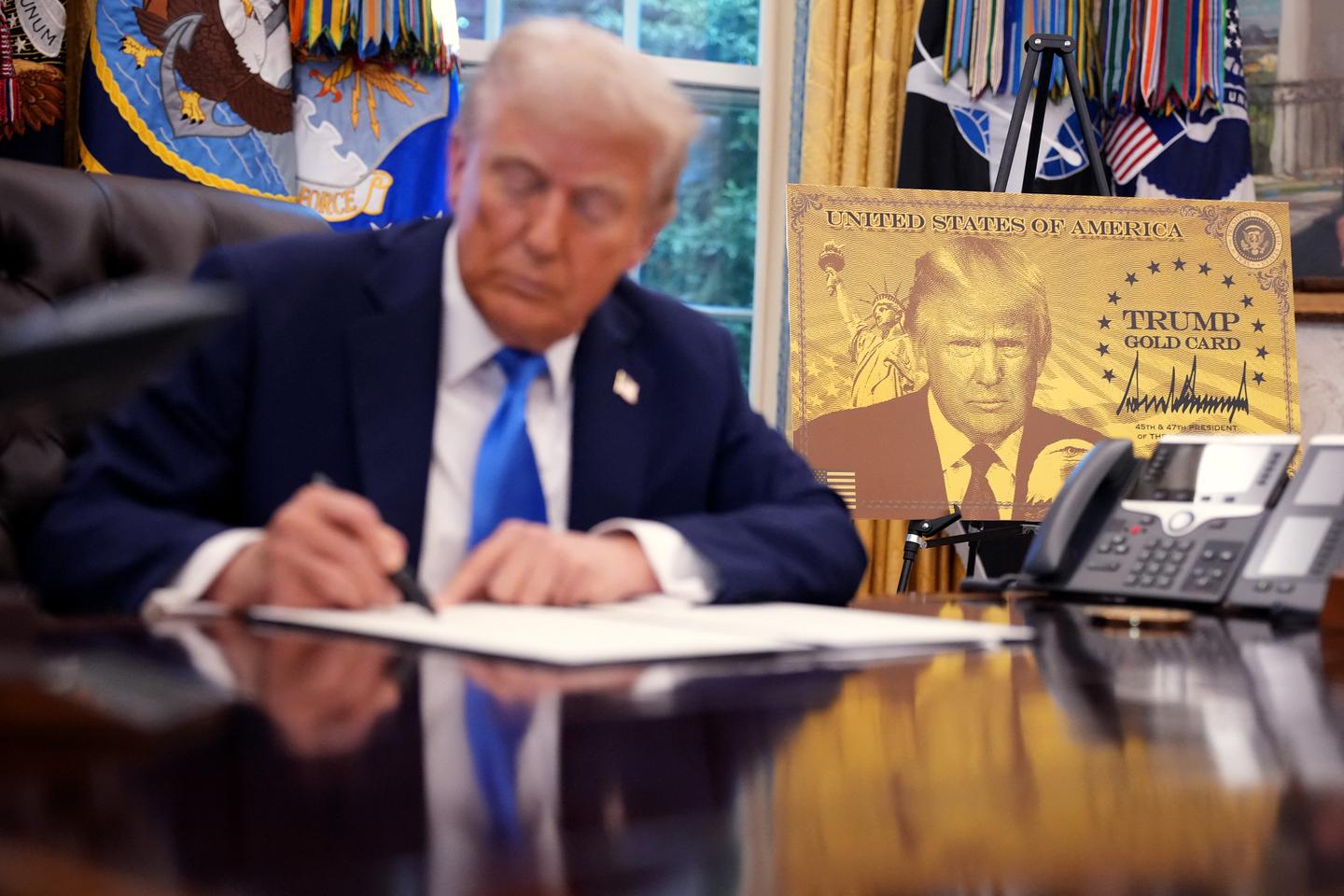Silicon Valley Reels as White House Imposes $100,000 Fee on H-1B Visas
Silicon Valley executives are grappling with the potential impact of the White House's sudden decision to levy a $100,000 fee on skilled foreign worker visas (H-1B visas). This new fee, a significant increase from the previous cost of $2,000 to $5,000, has sent shockwaves through the tech industry and raised concerns about the future of international hiring.
Chaos and Confusion Following the Announcement
The abrupt announcement of the new fee led to widespread confusion. According to reports, some H-1B visa holders even disembarked an Emirates flight bound for India from San Francisco before takeoff. The initial lack of clarity regarding the application of the fee to existing visas further exacerbated the uncertainty.
Ultimately, the White House clarified that the new fee applies only to newly granted H-1B visas, not to existing visas or renewals. This clarification came after several major tech companies, including Amazon, Google, and Microsoft, had already advised their foreign national employees to remain in the US or return immediately.
The Cost of Hiring Skilled Foreign Workers
H-1B visas are crucial for companies seeking to sponsor skilled foreign workers in specialized occupations, particularly within the tech sector. Data from Pew Research Center indicates that roughly 60% of H-1B workers since 2012 were sponsored for computer-related positions. With 10,000 approved beneficiaries in the 2025 fiscal year, Amazon is the leading H-1B employer in the US, according to US Citizenship and Immigration Services. Under the new fee structure, bringing in that many new employees would incur a cost of $1 billion.
Other major H-1B sponsors like Microsoft, Meta, Apple, Google, JPMorgan Chase, Walmart, and Deloitte are now incentivized to re-evaluate the increased upfront costs associated with international hiring. Netflix CEO Reed Hastings responded to the new law on X, calling it a "great solution" to ensure the program is only "used just for very high-value jobs."
Impact on the Indian IT Sector
The repercussions of the new H-1B fee extend beyond the United States, with India's IT sector facing immediate consequences. According to US government data, approximately 71% of H-1B beneficiaries last year were from India, where the top five IT firms generate 55% of their revenue from the US.
Tata Consultancy Services, headquartered in Mumbai, is the second-largest H-1B employer after Amazon. Following the announcement, shares in Tata and Infosys, another consultancy heavily reliant on the H-1B program, experienced significant declines. The Nifty IT Index, tracking the broader Indian tech sector, also fell sharply.
The "Doctor Loophole" and Healthcare Concerns
The H-1B program also plays a critical role in addressing healthcare worker shortages, with thousands of hospitals and medical research centers using it to sponsor physicians and other medical professionals. The American Medical Association (AMA) has raised concerns that the new H-1B fee "risks shutting off the pipeline of highly trained physicians, especially in rural and underserved communities." The White House later indicated that physicians and medical residents might be eligible for exemptions "in the national interest."
 Visit the website
Visit the website





